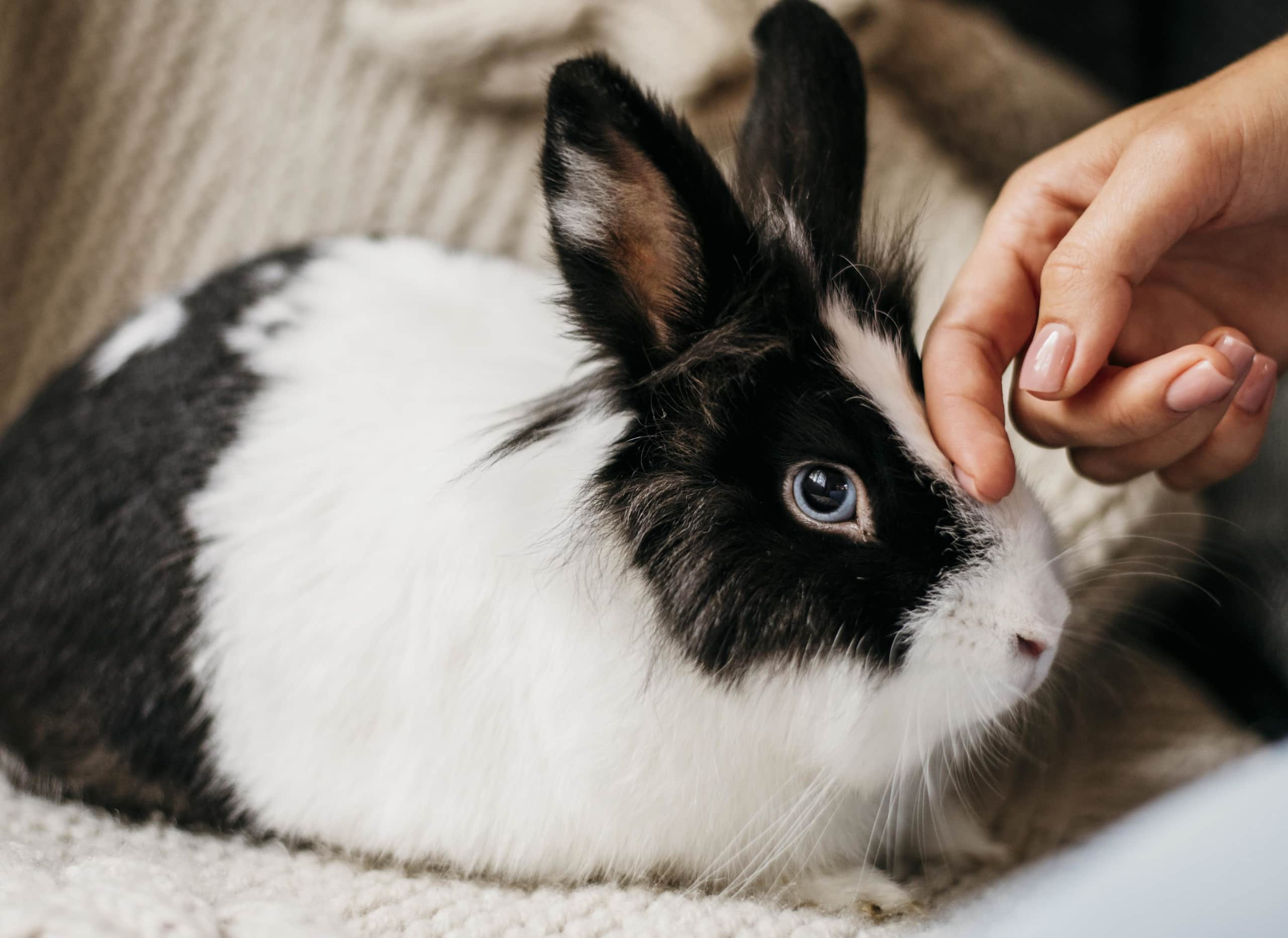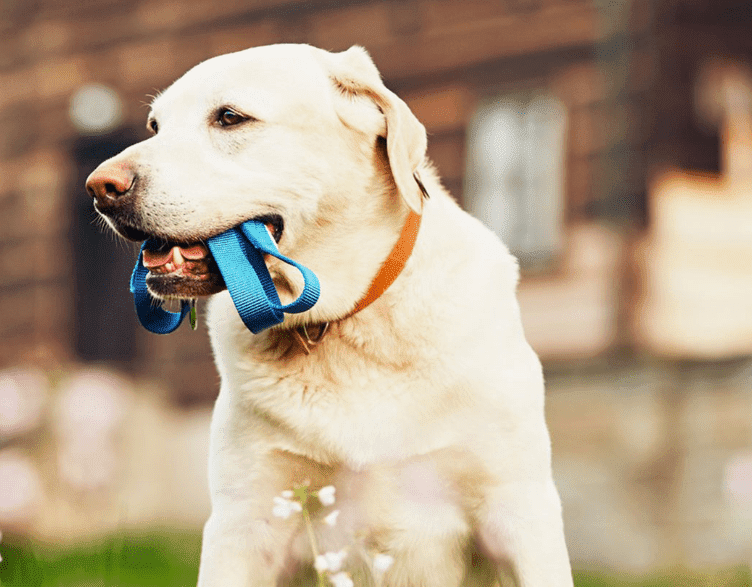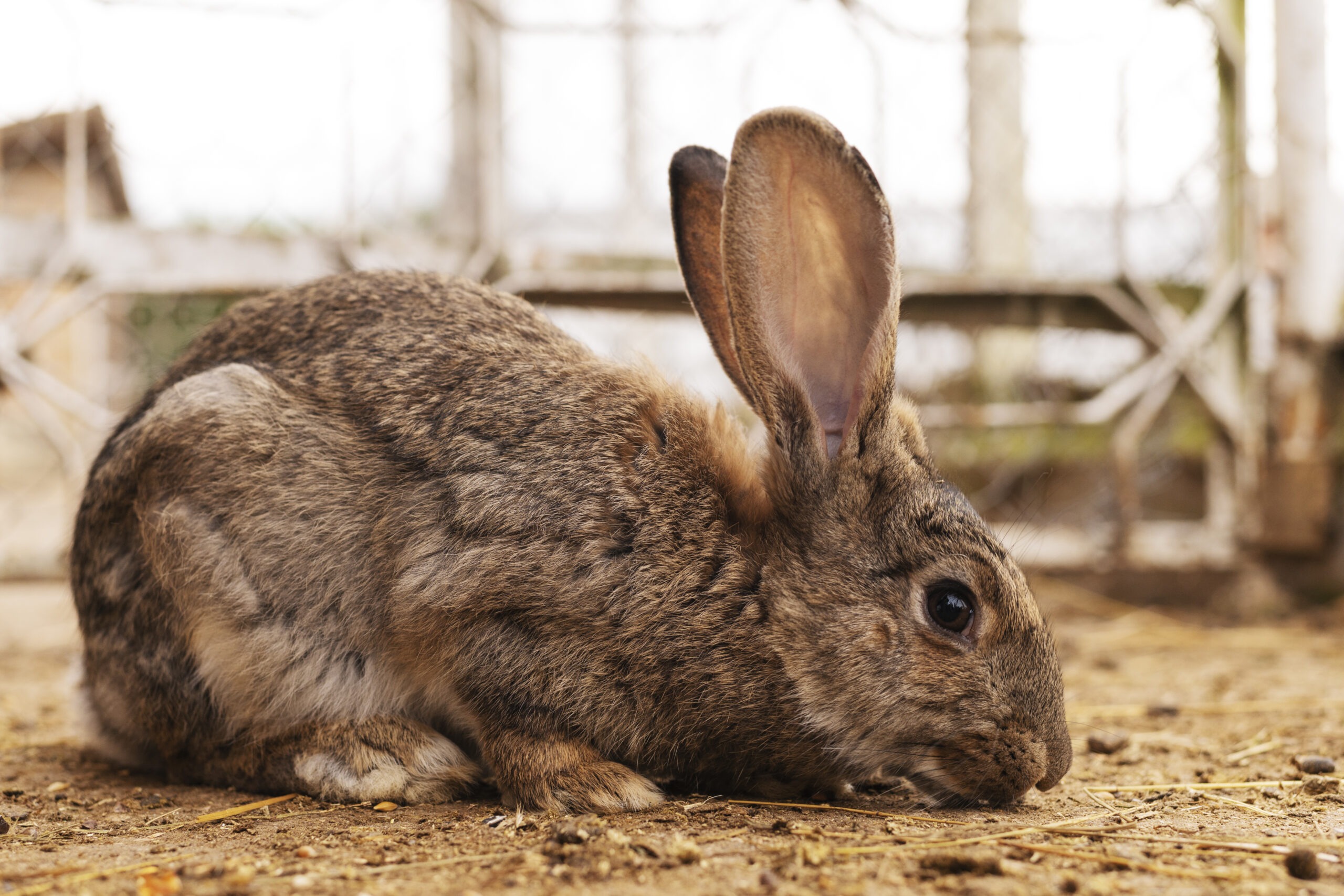Bringing a new pet into your home is an exciting and heartwarming experience. Whether you’re adopting a furry friend from a shelter or welcoming a playful puppy or kitten, ensuring a smooth transition for your new companion is absolutely essential for building a strong and lasting bond. To make the introduction as comfortable and joyful as possible, follow these steps, incorporating a variety of transition words to enhance the flow and clarity of your guide.
1. Preparing Your Home:
Before your new pet arrives, create a safe and welcoming environment:
- Pet-Proofing: To begin, remove hazards and items that might be harmful to your new pet. Secure loose cords, chemicals, and plants that could be toxic.
- Designated Space: Next, set up a cozy space with a bed, food and water bowls, toys, and a litter box if needed. This provides a safe haven where your pet can retreat.
- Gather Supplies: Additionally, stock up on essential pet supplies such as food, treats, a collar and leash (for dogs), litter, grooming tools, and a carrier.

2. Patience is Key:
Remember, adjustment takes time, so be patient and allow your new pet to explore at their own pace:
- Quiet Introduction: At the outset, choose a calm and quiet time to introduce your pet to their new surroundings. Limit the number of people around to avoid overwhelming them.
- Initial Interaction: Once settled, allow your pet to explore their designated space first. Gradually introduce them to other areas of the house over a few days.
- Bonding Time: Invest quality time in spending with your new pet, building trust and establishing a positive association with their new home.
3. Establishing a Routine:
Given that pets thrive on routine, it’s crucial to establish one from the start:
- Feeding Schedule: Consistency is key, so stick to regular feeding times and provide the appropriate diet for your pet’s age, size, and dietary needs.
- Potty Training: For dogs, take them outside regularly for potty breaks. For cats, show them the litter box and gently place them inside.
- Exercise and Play: Engage in playtime and exercise to help release energy and keep your pet stimulated.
4. Socialization and Training:
Help your new pet adjust to various situations and learn basic commands:
- Social Exposure: Gradually introduce your pet to other pets, people, and new environments. Monitor interactions closely to ensure positive experiences.
- Basic Training: Begin teaching simple commands like sit, stay, and come using positive reinforcement techniques such as treats and praise.

5. Veterinary Care:
Ensure the health and well-being of your new pet by scheduling a visit to the veterinarian for a comprehensive health check and vaccinations:
- Health Assessment: During this visit, your vet will assess your pet’s overall health and provide recommendations for preventive care.
- Microchipping and Identification: Additionally, discuss the importance of microchipping and proper identification to ensure your pet’s safety.
6. Unconditional Love and Patience:
Above all, shower your new pet with love, patience, and understanding:
- Building Trust: Allow your pet to trust you at their own pace. Spend time bonding through petting, grooming, and cuddling.
- Patience During Setbacks: Be prepared for the possibility that some pets may experience anxiety or display behaviors like hiding or vocalizing. During such moments, exercise patience and offer your support.
- Positive Reinforcement: Lastly, remember to consistently reward good behavior with praise, treats, and affection. This helps reinforce their positive actions and encourages them to continue learning.
Bringing a new pet home is indeed a journey filled with both joy and challenges. However, with thorough preparation, unwavering patience, and an abundance of love, you’re well on your way to building a strong and lifelong bond with your new furry companion. Cherish each moment as you embark on this new adventure together!




















Comments - 1
zoritoler imol
so much fantastic info on here, : D.